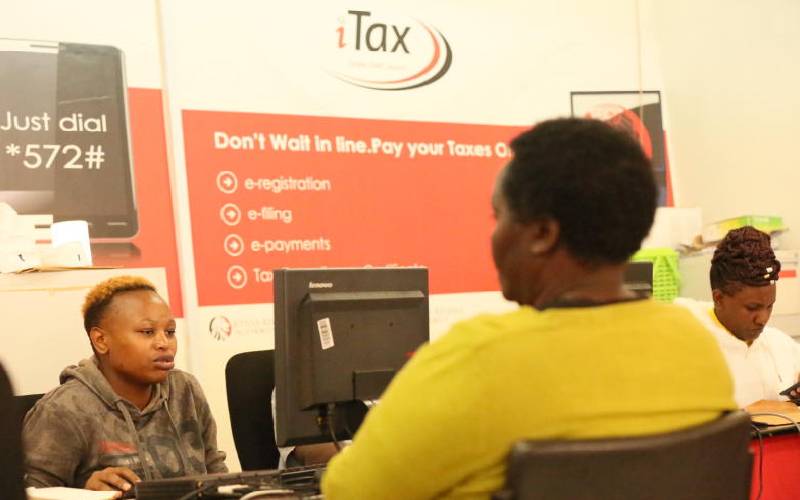×
The Standard e-Paper
Home To Bold Columnists

Last month Kenya Revenue Authority (KRA) Commissioner General issued a notice informing manufacturers and importers of excisable goods of the requirement for an annual inflationary excise adjustment. The Excise Duty Act provides for this annual adjustment to take into account the rate of inflation in the economy.